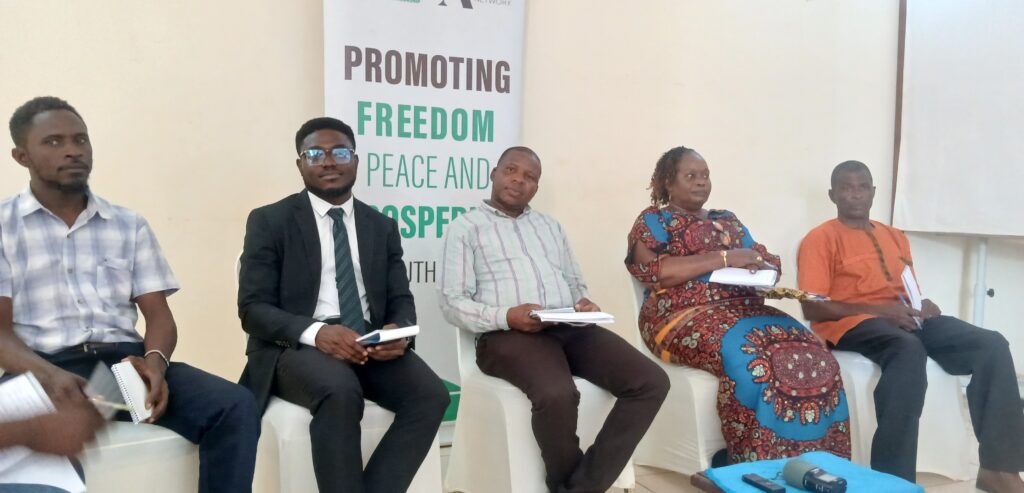Civil society groups and community leaders are calling for reforms to South Sudan’s next-of-kin and inheritance policies following a new report showing that 92% of citizens do not have written wills.
The findings, released Monday during a high-level policy dialogue in Yambio, highlight how the absence of wills leaves families vulnerable to property loss, exploitation, and poverty after the death of a loved one.
The meeting, organized by the Organization for Liberty and Entrepreneurship (OLENT) under the theme “Ending Family Property Disputes,” brought together law enforcement officials, bankers, government representatives, and community leaders to discuss legal reforms aimed at strengthening inheritance rights and improving access to next-of-kin documentation.
According to the report, 9 in 10 people without wills also lack formal documentation, making it nearly impossible for surviving relatives to access land titles, bank accounts, or other assets. The study also found that 87% of South Sudanese are unaware of their inheritance rights, and 95% of banks do not inform families about dormant accounts or next-of-kin procedures.
Samuel Agustin, a lawyer and facilitator at the event, said the training aimed to raise awareness about the importance of proper documentation.
“From now on, being a next of kin should not automatically mean inheriting property,” Agustin said. “Our goal is to pass this information to communities and reduce disputes.”
OLENT Executive Director David Benjamin said the research surveyed 279 individuals across seven states — Central Equatoria, Western Equatoria, Western Bahr el Ghazal, Northern Bahr el Ghazal, Unity State, Pibor and Upper Nile — who reported challenges related to inheritance.
“This report paints a troubling picture of the legal and financial limbo faced by thousands of families,” Benjamin said. “Civic education and policy reforms are urgently needed to protect inheritance rights.”
The study also found that education level does not guarantee legal preparedness. Nearly half of respondents had completed secondary school, and 31% had tertiary education, yet most lacked basic knowledge of inheritance laws.
Stephen Dansu, a visiting policy analyst from the Institute of Liberty and Policy Innovation in Ghana, praised OLENT’s efforts, calling the report “a crucial step toward empowering South Sudanese families to secure their future.”
OLENT is urging the Ministry of Justice and Constitutional Affairs to collaborate with civil society organizations to develop a national inheritance law, strengthen next-of-kin procedures, and launch civic education campaigns to help prevent property disputes and protect vulnerable families.




